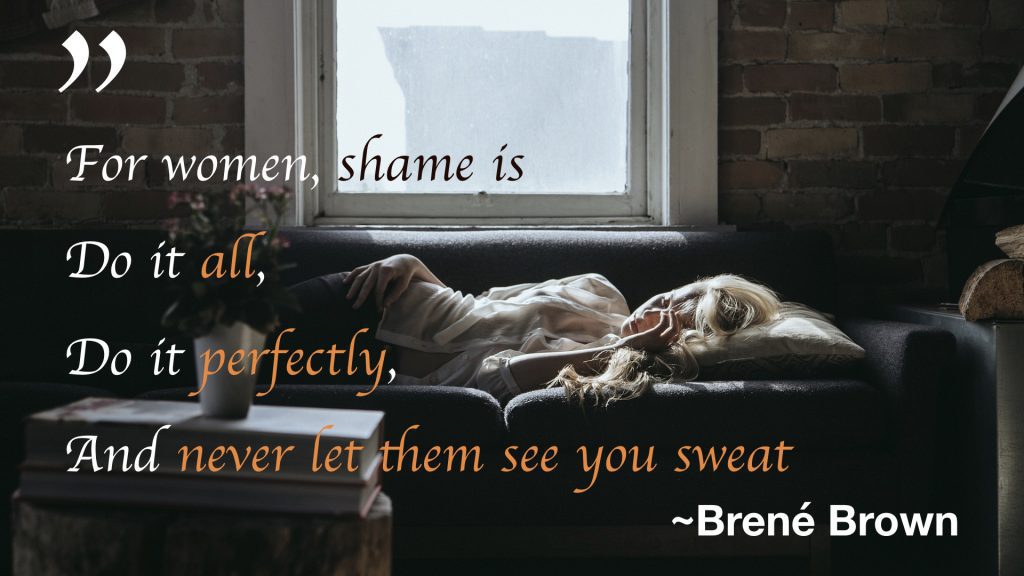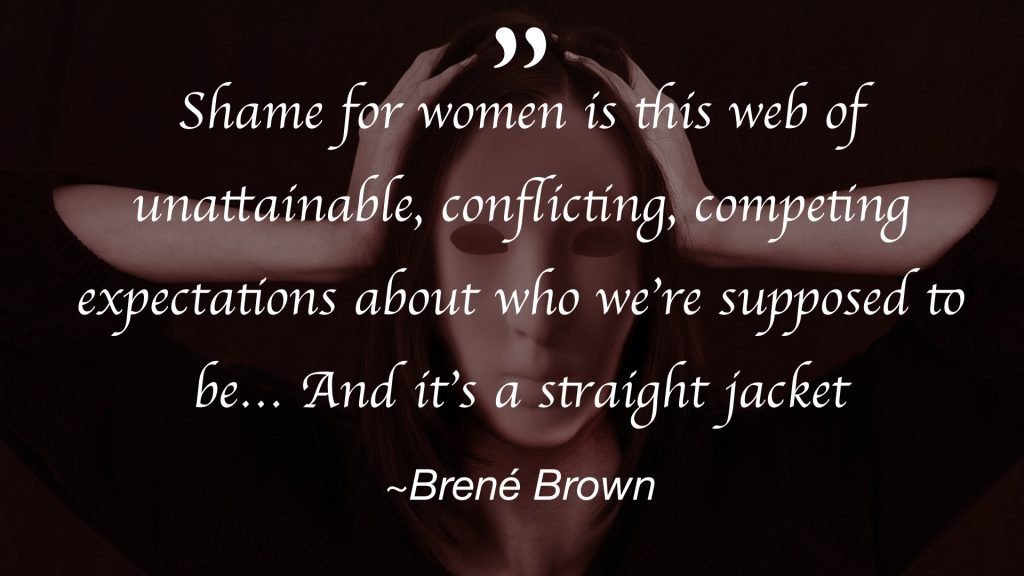Are you being exploited? Part 1
Does society practically ensure that our most dedicated, talented, hard-working, and compassionate people are taken advantage of in work?
The exploitation of labour has a long history. Let’s face it, there have been examples of slavery all around the world for thousands of years, and modern slavery is still a huge issue.
But when we think about modern working practices, we don’t often think about them in the context of exploitation.
I believe that this is such a massive problem that I’m devoting a series of posts to it. In these posts, I’ll be discussing burnout, moral injury, exploitation and unattainable societal expectations. It’s just too big an issue for one short post to cover.
Burnout is a form of vital exhaustion. Vital exhaustion is defined as excessive fatigue, feelings of demoralisation and increased irritability.
What if we've got it wrong?
Here's what I learned from my experiences working in one of the professions most at risk of burnout
Let me tell you about when I worked as a doctor in hospitals all over Northern Ireland. We’re going back a few years ago now. In fact, I graduated from Cambridge University, England, and Queen’s University, Belfast, back in the 1990s. I worked hard, trained in paediatrics, and studied hard to get my professional qualifications and membership of the Royal College of Paediatrics and Child Health. And then I went on to become a paediatric consultant.
Just like my colleagues in medicine, nursing and the biomedical sciences, as well as all of the other professionals I worked with, like physiotherapists, occupational therapists, speech and language therapists, secretaries and everyone else working in the health service, I had a great work ethic. The National Health Service relies on hard workers who pull their weight, will fill in for sick colleagues at the drop of a hat, and who won’t walk out of the hospital as soon as their shift is over if there’s a bunch of stuff left on their to-do list.
Here’s the thing, during your normal work-day you’ll have a list of chores to get through. Then new patients will arrive and you’ll need to help them too, so your to-do list naturally gets longer and longer, even as you score items off it. By the time your colleagues arrive for the night or day shift, you often hand over a depressingly long list of things to do. And you know they’ll start adding their own.
How my emotions pushed me to work harder than was sensible
This makes you feel guilty, both about how much work you’re handing over to your colleagues and about how long your patients end up waiting to be seen and taken care of. You may also feel a certain amount of shame because you worry that it’s your inefficiency that results in the overwhelming list of jobs you’re handing over. So you try your hardest not to shaft your colleagues… And you stay late to help them clear up some of the work you feel responsible for creating.
Missing breaks and mealtimes is a recipe for burnout
As a doctor, you have to be prepared to work hard, often without breaks. You carry a bleep so that you’re contactable whenever and wherever you are. If it goes off, you have to answer it. And it goes off all the time.
Meal-times aren’t protected. So in hospital canteens and messes, you’ll often find one doctor on the phone, answering their bleep, and a couple of others wandering around trying to find another free phone so they can also answer theirs.
Eating when your fight, flight or freeze mode is switched on is a terrible idea
If you think this makes meal-times tough, you should see what it’s like when the call you get is about a very preterm baby that’s probably going to be born in the next half hour. Then you have to bolt your food, try to clear up whatever work you can, run to the toilet, and go to the neonatal unit and labour ward to ensure all the equipment is set up and ready to be used because you know there won’t be any more breaks for many hours. Looking after very preterm babies is pretty full-on.
And when you miss breaks and meals, guess what… You are more likely to make medical errors. I’ve done this. It’s not really that big of a surprise. We’re not robots. Sleep deprivation, high stress, high pressure and long hours will result in the most conscientious person making some errors. Knowing this doesn’t make you feel any better about it. It’s that horrible moment when you realise what you’ve done and your heart drops right into your boots.
Unfortunately, when patients come to harm because of medical errors, the health service is pretty unforgiving. And often so are patients and parents of children who are injured by medical errors. Who can blame them?
It's the admin and bureaucratic tasks that often really get you down
But at least the direct patient care is meaningful and provides you with purpose. On the other hand, you can get suffocated by bureaucratic tasks and endless admin. There’s also a lot of emphasis on self-reflection, which is a good thing. But it’s not helpful when it’s a tick box exercise, you don’t have time to reflect, and you’re actively discouraged from using your insights to think outside the box and come up with creative or innovative solutions.

It's OK: You can put away your tiny violin
While this might sound like a pity party, it’s not. I’m not telling you this to make you feel sorry for me or any other doctors. Or to make you think that doctors are treated worse than people working in other jobs. So please bear with me. What I want to do is make you think about how we simply accept this as normal in society.
Think about this for a minute: If we expect the people who literally have our lives in their hands to push themselves beyond breaking point every single day without batting so much as an eyelid, what’s our attitude about people working other jobs where the stakes are still high, but perhaps less obvious?
Anyway, it’s no wonder I ended up burning out. The combination of unrelenting high levels of chronic stress, eating on the run and when distracted, trying to digest when your adrenaline is through the roof while attending emergencies, chronic sleep deprivation, ridiculously long hours, unrealistic goals and targets that made me feel like a failure, and lack of control and autonomy took their toll.
If you're compassionate, empathetic and care about your staff and the people your job impacts, and you're under-resourced and struggling to hit targets, then your ideals may clash with what your job expects of you.
Catriona Walsh Tweet
In retrospect, I also suffered from moral injury.
Moral injury is “the damage done to one’s conscience or moral compass when that person perpetrates, witnesses, or fails to prevent acts that transgress one’s own moral beliefs, values or ethical code of conduct.” Causes of moral can injury range from knowing you’re understaffed and under-resourced to provide the level of care you know the people (in my case, patients) relying on you need and deserve, to knowing the treatment options that you can offer are neither the most effective or ethical choices.
There was a time when I believed that moral injury was probably just something you were at risk from in medicine or if you were at war. But having interviewed lots of wonderfully kind and generous people who were willing to chat with me about professional burnout, I quickly realised that it can happen in any industry. It doesn’t matter whether you work for the probation service, education, psychology, or in information technology, moral injury can impact on anyone with a heart and a conscience.
Moral injury can happen to you, yes you!
If you’re compassionate, empathetic and care about your staff and the people your job impacts, and you’re under-resourced and struggling to hit targets, then your ideals may clash with what your job expects of you.
Take, for example, the manager I spoke to who had a team of staff who were often faced with deadlines that necessitated working late, working weekends and trying to beat the clock. She knew there was a core cadre of people she could always rely on to turn up, get the work done and get results for the company. But being a kind and empathetic person, she understood how stressful this was for the people she supervised. It pulled them away from their families and placed extra burdens on them. As a result, she felt guilty about taking advantage of them. She tried to make it up by giving them some flexitime and she always strove to come up with creative ways to outsource the work to other companies, even if it cost more. Understanding the value of work-life harmony for her employees did create inner conflict because she wanted to support both her staff and get great results for her company.

Have you ever felt like this?
- Struggling with your work-life balance?
- Trying to get up and exercise before work because you know how important staying active is for your mental and physical health?
- Attempting to cook for yourself and bring packed lunches to work because you’re aware of the importance of good nutrition in maintaining your health and productivity?
- Almost falling asleep behind the wheel on the commute home from work, so you pull into a lay-by for a quick nap?
- Getting home and knowing that you’d better cook dinner and prepare lunch and breakfast for the following day before you sit down because once you collapse onto the sofa you’re so exhausted, you know you’re not getting back up?
- Cancelling weekend plans with your friends at short notice because you’re just so damn exhausted all you want to do is sleep?
- Staying late or taking your paperwork home with you because there’s no time to get it finished in work?
Have you ever felt compelled to add more to your overwhelming pile of work because your boss needs it done, like right now? - Taken on more than you can manage when you’re already feeling overwhelmed because if you want to progress in your career you’ll need to make some sacrifices and prove that you’re prepared not just to do the job, but to really go above and beyond? Even though you can feel the effects of chronic stress in your body.
- Have you turned down training opportunities that could lead to career advancement because they involved taking time away from your day-to-day job and the horror of the mountain of paperwork that would meet you on your return was too great to contemplate?
I know you have. But have you simply wondered what was wrong with you that you weren’t coping? Let’s try flipping it instead. Did you ever stop to wonder what’s wrong with our society that this is what’s just expected of people today?
In the next post, I’ll discuss these unrealistic expectations and how society sets us up to feel like failures. I’ll also discuss how it’s not necessarily our weaknesses that make us vulnerable to burnout… it may be some of our greatest strengths that are being take advantage of.
You can find out more about the Burnout Antidote Mastermind and sign up to my newsletter to receive updates on it here.



There’s certainly a lot to learn about this topic.
I really like all of the points you have made. https://menbehealth.wordpress.com/